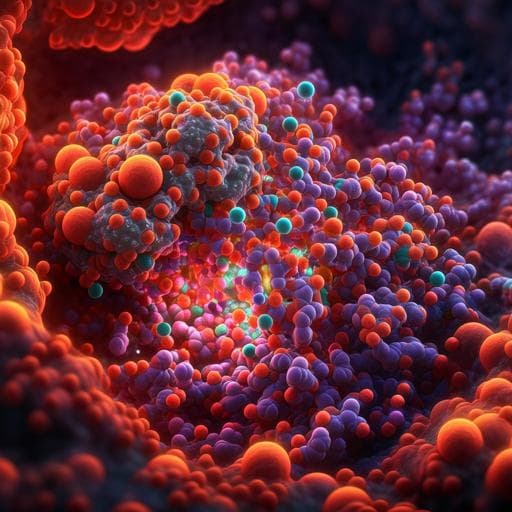
Biology
Subtelomeric assembly of a multi-gene pathway for antimicrobial defense compounds in cereals
Y. Li, A. Leveau, et al.
Explore the groundbreaking research on the avenacin biosynthetic gene cluster in oat, revealing its unique origin and structure. This study, conducted by esteemed researchers, sheds light on the adaptive evolution and genome plasticity that led to the emergence of this defense compound pathway. Discover how this cluster's innovative organization contributes to plant resilience.
Related Publications
Explore these studies to deepen your understanding of the subject.







